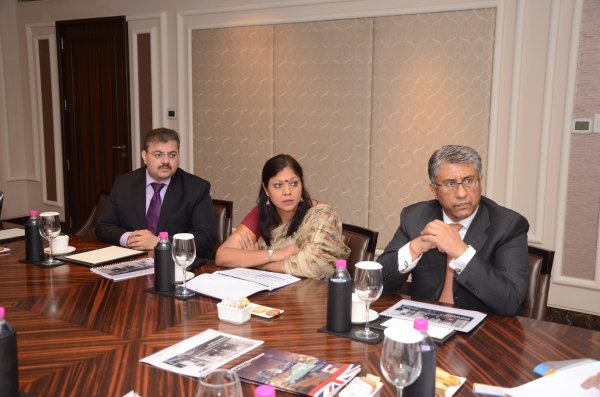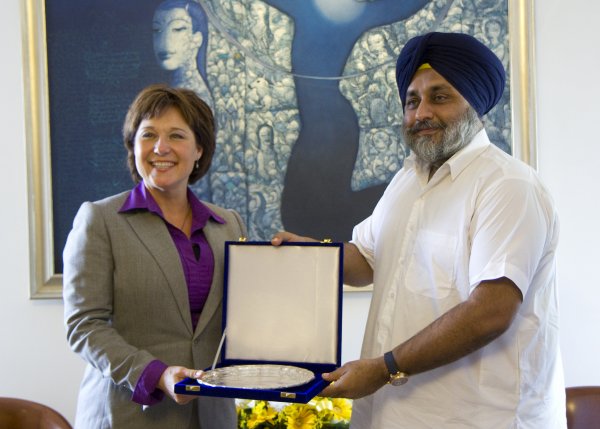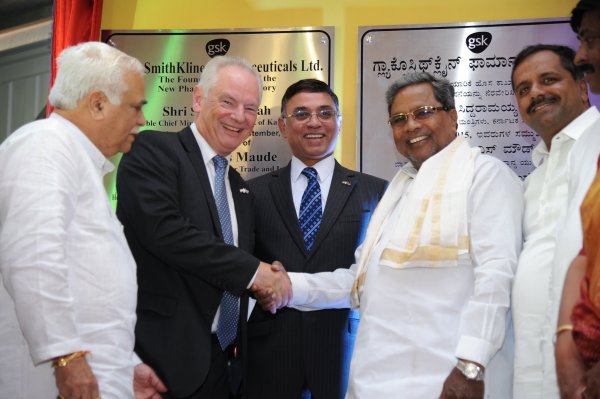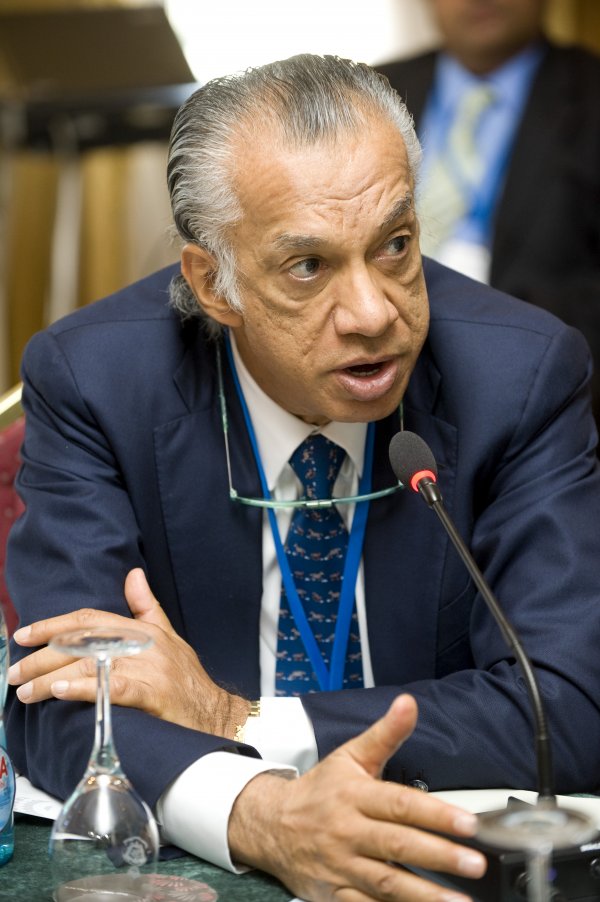Business Culture: Decision Making
Cultural Context
Foreign investment is fairly common in India, and Indian businesspeople are accustomed to doing business with global firms based in America, Europe, Japan, and other locations. However, Indian business culture is still fairly insular. Many of the largest Indian businesses are family-owned, or managed by different social communities—India is astonishingly diverse in terms of the ethnic, religious, cultural, and linguistic backgrounds of its citizens. All of these communities and companies have their own corporate cultures, so conditions and decision-making styles may vary considerably among them.
Government-owned companies are also quite different from private-sector companies. Public-sector companies tend to be highly bureaucratic and hierarchical. On the other hand, "New Economy" firms in fields such as insurance, telecommunications, and information technology often have more egalitarian and transparent corporate cultures.
Where a company is located can also make a difference in its corporate culture. To the south, for example, corporate cultures can be more conservative than to the north or west, while eastern companies can be the most conservative of all.
Indian firms are used to doing business with large foreign corporations. If you are affiliated with a known global company, more doors will likely open for you than if you represent an unknown start-up firm. Indians will be more comfortable and willing to negotiate with known companies, while those from smaller firms may have a bit more proving to do before they are accepted in the Indian business community. It's not impossible, however—building strong relationships and getting referrals from mutual acquaintances and business partners will help you land meetings with key Indian executives.
Power Structures
Proper knowledge of hierarchy plays a strong role in Indian culture. With much of their society rooted in the ancient Hindu caste system, in which everyone had a place within a rigidly defined hierarchical order, many Indians today are most comfortable with the roles and ranks of people around them clearly defined.
Within Indian companies, these clearly established roles can lead to delays. For example, if a desk in an office needs to be moved, the office workers typically will not do it—this is a job for a manual laborer. If the person designated to move the desk isn't available, the task can take hours or days.
Indians are very aware of hierarchy in meeting situations. When entering a meeting room, it's crucial for you to greet the most senior-level person first.
Key Contacts
The success of your business proposal in India will often rest more on the personal relationships you establish than on the benefits of the deal itself. Indian businesspeople will go so far as to refuse clearly lucrative deals in order to keep doing business with friends. To assure success for your proposal, make contact with people at the right levels of the company to make things happen.
Decisions take a long time in Indian culture, and usually won't happen within the first meeting or negotiation round. Bear in mind that if the owner or director of the company you're negotiating with is not present at your meeting, your proposal is probably still in the early stages according to the perceptions of your Indian counterparts.
When scheduling your first meetings, try to see the top person in the hierarchy first. This person may later suggest you meet with lower-level managers whose jurisdictions are more relevant to your project. However, if the recommendation comes to these lower-level managers from the top executive, your proposal will carry more weight with them.
Communicating Styles
Indians tend to communicate indirectly, particularly when their answer is "no." Indians often give a positive answer when they intend to say "no," because they want to maintain harmony and tell you what you want to hear. Open disagreement is often interpreted as hostility, and is usually only accepted among close friends. If you have a disagreement with someone, it's best to avoid expressing it directly.
Indians often make business decisions based on their personal trust with the other party, and they will be much more likely to take a risk with your company if they trust you and your intentions. You will need to establish credibility, trust, and a friendly relationship before you begin negotiating. Always stay patient and avoid exhibiting anger or frustration, as these can damage your credibility.
In addition, avoid disagreeing with your own team members in front of your Indian partners. Indians value group harmony, and will likely trust your group less if it seems there is little harmony between you. Present a united front.
Indians are highly competent multitaskers. Westerners are often surprised at the number of interruptions allowed in meetings—secretaries stopping in to get papers signed, phones ringing, or digressions in conversation. Bear in mind that this does not indicate a lack of interest in your proposal, but is rather the customary flow of the Indian business day.
Implementing Agreements
Once your agreement has been established, both sides are expected to honor it. While it may be possible in some special cases to negotiate changes after a contract has been signed, the effort to do so will not be seen as a sign of good faith, and renegotiating may not be an option for you at all once the contract is signed.
Your relationship-building process won't stop with the signing of your contract. Keep in touch with your Indian counterparts and assure that connections stay strong. You can communicate your desire to continue the business relationship by hosting a celebratory dinner for your Indian partners after your agreement has been signed.
Article written for World Trade Press by Jennifer Williamson.
Copyright © 1993—2024 World Trade Press. All rights reserved.

 India
India 



